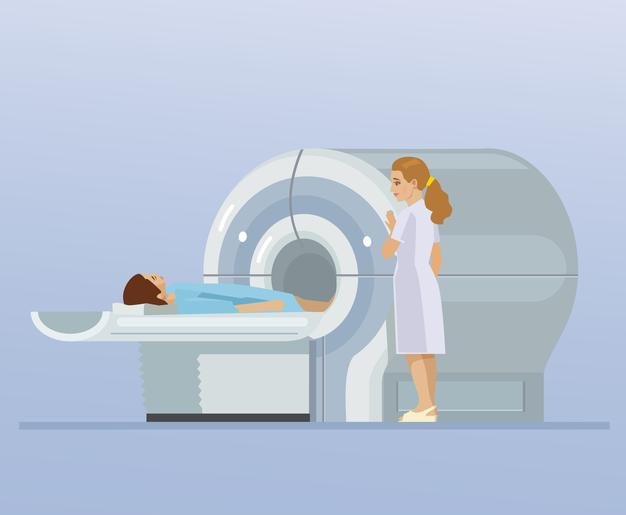The moment a person gets diagnosed with cancer; their entire life takes a 180-degree shift. It is an extremely hard disease to encounter and come to terms with. If the physical rigor that the disease puts one through wasn’t enough pain, society adds its own pressures to make it exponentially harder for people to deal with this debilitating illness.
In some cases, people start seeing you with a different lens making you feel less than the person you are, in other cases one might be subject to exclusionary behaviour that might be both discriminating and hurtful.
This is referred to as stigma. It is deeply rooted in society and is extremely unfair to people who already have to shoulder a difficult disease. It plays a toxic role at a broader social level, contributing to making both the disease and those suffering from it invisible. This stifling of informed public discussion and propagation of a cycle of fear and misinformation blocks attempts to raise awareness about the cancer risks that can be avoided and the importance of early detection.
Why the stigma?
Research has concluded that cancer stigma is pervasive, existing in various degrees across countries and cultures. It is characterised by a set of feelings, attitudes, and behaviours, that have been compiled into a universal “stigma index”. It includes people’s perception of the disease, such as- treatment, and support being useless for someone with cancer, the feeling of discomfort in maintaining a friendship with the patients, the idea that people have no one else to blame but themselves for getting the disease and even extreme views that entail leaving or isolating their loved one due to it.
There are a number of reasons why being diagnosed with cancer carries a stigma in a way that diseases like chickenpox or malaria doesn’t. Cancers have the potential to affect a person in so many ways, from how they look, how they feel, their sexuality, to their ability to have children.
Uncertainty about how or why it develops in one’s body is another factor. It is less well understood than others because it has so many different implications. The fear is not only a deterrent to early diagnosis but also results in patients not completing their full course of treatment.
Stigma breeds silence, and if we are to stop the fear and ignorance surrounding this disease, we would need to break this vicious circle, not only make life easier for people with cancer but also change public attitudes towards prevention and early detection of this disease.
In order to combat this phenomenon, it is essential to have policies and programs to tackle this stigma and the misinformation that it propagates continuously. This would be key in turning back the rising toll of people suffering and dying from types of cancer that can be overcome with treatment. Challenging stigma opens a lot of doors for both patients and survivors. Removing these barriers can exponentially increase access to healthcare services, critical illness covers and improve the effectiveness of meaningful messages promoting health and wellness.





















